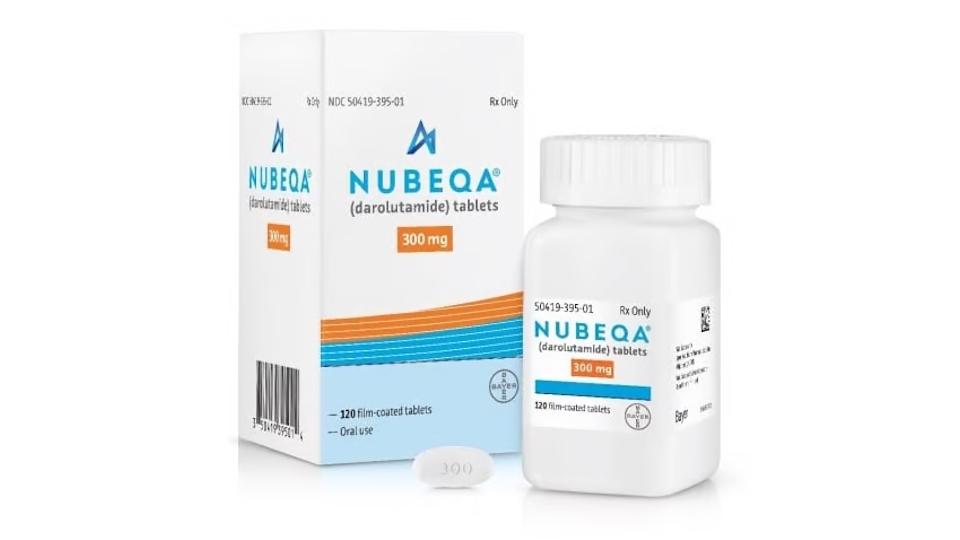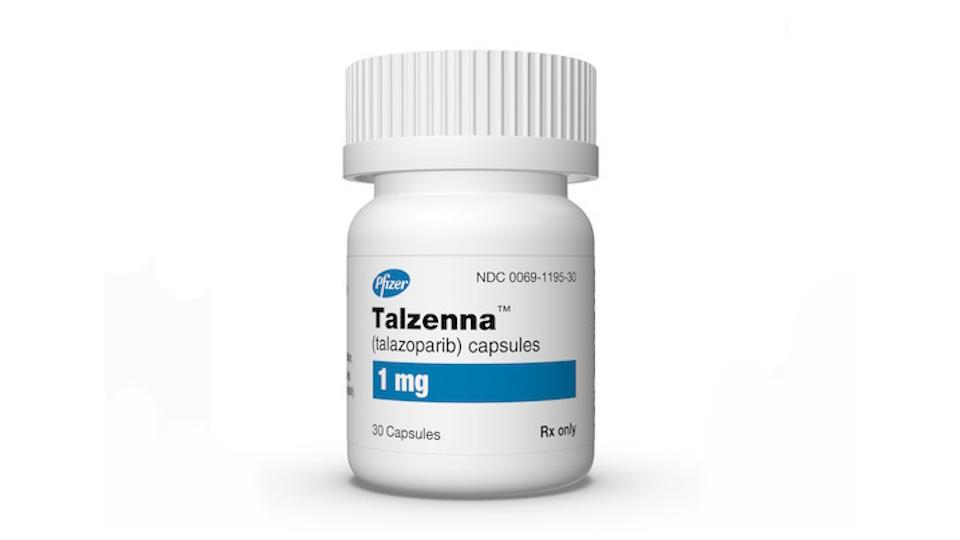Trial sets up wider use of Bayer's Nubeqa in prostate cancer

Bayer has the result it was hoping for in the phase 3 ARANOTE trial of Nubeqa in metastatic, hormone-sensitive prostate cancer (mHSPC), a key part of its plan to build the drug into a €3 billion-a-year blockbuster.
ARANOTE compared Nubeqa (darolutamide) to placebo given with standard androgen deprivation therapy (ADT) and showed a significant improvement with Bayer's oral androgen receptor inhibitor (ARi) on radiological progression-free survival (rPFS), without adding significantly to the side effect burden.
It is a companion to the ARASENS study, which led to the approval of Nubeqa in 2022 in combination with docetaxel plus ADT for mHSPC, and the ARAMIS study, which underpinned its clearance in 2019 for non-metastatic castration-resistant prostate cancer (nmCRPC).
According to comments made by Bayer's head of pharma Stefan Oelrich earlier this year, ARANOTE is the last piece of the puzzle and – if added to the label for the drug – would effectively place the drug "across the entire continuum of the advanced prostate cancer market." The company plans to submit the results to regulators in the coming months.
The group's head of pharma R&D, Christian Rommel, said that if the data is added to the label of the drug, "physicians can tailor treatment plans with or without docetaxel based on individual patient's needs."
Nubeqa has already crossed into blockbuster territory with sales of €1 billion in the 12 months ended 31st March, and Oelrich has indicated that ARANOTE will be important for reaching its €3 billion objective for the drug.
To do so, it needs to wrest market share from established ARi drugs like Pfizer/Astellas Xtandi (enzalutamide) and Johnson & Johnson's Erleada (apalutamide).
Bayer is currently striving to emerge from a tricky period punctuated by weaker sales of the decline for anticoagulant drug Xarelto (rivaroxaban) and ophthalmology drug Eylea (aflibercept) – both approaching the end of their patent lives – along with litigation associated with its takeover of agrochem giant Monsanto and a somewhat thin late-stage pipeline.
The company is relying on Nubeqa and Kerendia (finerenone) for chronic kidney disease (CKD) and diabetes to drive growth as it rebuilds its pipeline and ushers through a wide-ranging restructuring plan aimed at reducing bureaucracy and costs.
Bayer has other studies on the go to extend the label of Nubeqa even further, including ARASTEP in hormone-sensitive, high-risk biochemical recurrence (BCR) prostate cancer, and the investigator-led DASL-HiCaP study looking at its role as an adjuvant treatment for localised prostate cancer with very high risk of recurrence.













